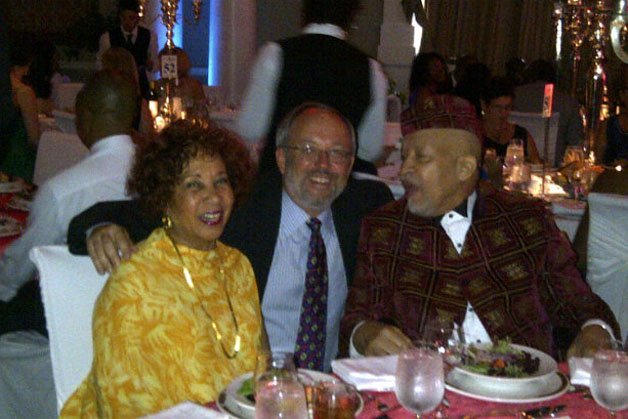
I first met Charlie over 30 years ago during the time of the peace movement in the early 1980s.
I was involved in a peace group that focused on trying to stop Lytton Systems from manufacturing the guidance system for a new American weapon called the cruise missile. Our group practiced non-violent resistance which sometimes included civil disobedience. We were young, filled with very high ideals following the thinking of Mohatma Ghandi, Martin Luther King and others who struggled for peace and social justice using nonviolent techniques.
Charlie volunteered to become our lawyer, taking on the cases pro bono because he believed in the cause. He fought many issues on the basis of principle. He was soft spoken, and rarely raised his voice, even as he articulated his case in a passionate manner before many a judge.
Then, later in the 1980s, I was involved in the anti-apartheid movement and was invited to his home where a group of us planned a march on Ottawa to protest the then Canadian government’s slowness in adopting boycotts of South African products. Charlie was a champion of anti-racism globally and locally, working at the local level with community leaders like Dudley Laws and organizations like the Black Action Defence Committee.
As luck would have it, my partner Rosalee and I became neighbours with Charlie and his family in the early 1990s when we moved into the house next door. We would often have conversations about all kinds of things from poetry to politics, to his total disdain for the institution of the monarchy. Many of us came to agree that he is absolutely right is his anti-monarchist views.
What I recall most about living beside Charlie was taking down a rickety old fence that bordered our properties. We never really talked about it, but it just seemed like the right thing to not re-build it. Between our families there would be no fences. So when he had a party or backyard gathering that spilled over to our side, or if we had one that spilled over to his side, that was not only okay, but it was something of value. Contrary to the assumed “good fences make good neighbours,” our ethic was that no fences make for even better neighbours.
Charlie and I had many dealings over the last 15 years thanks to our common love of the Caribana Festival, now called the Caribean Carnival. Caribana work historically has been fraught with managing conflict on the community side and on the government relations side.
Charlie’s contribution was always to ensure that the festival was community-based and led by community leaders rather than in any way owned or controlled by government. I shared that sentiment, and if I ever swayed into getting too involved with the running of the festival, Charlie would nudge me back to remembering my place as a representative of government. Through the Caribana experience, I learned that government has a role in facilitating community building,but must do so by playing a supporting role. Charlie’s leadership was ever present in that process.
Charlie has been a leader in the peace and social justice communities, and in the cultural community for so many years and on so many fronts. Toronto is a better place for him having worked with us, and strived to build up the best in us.













